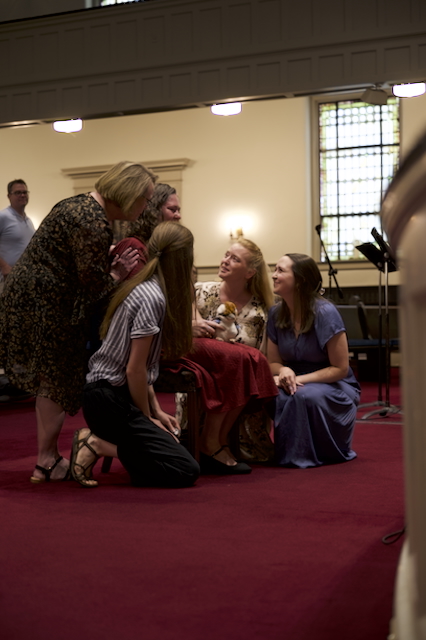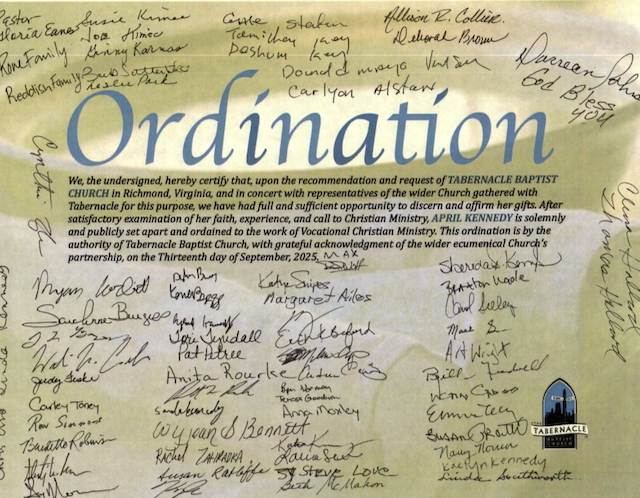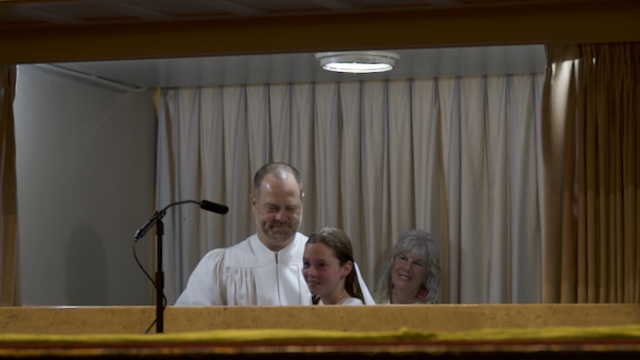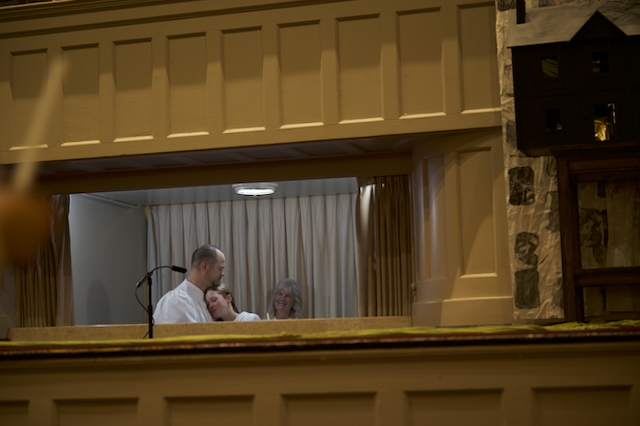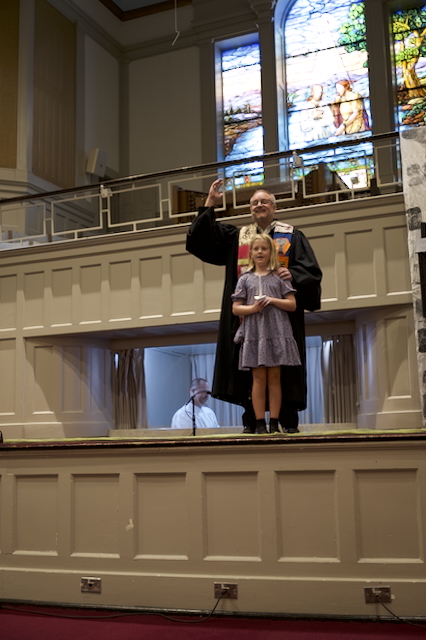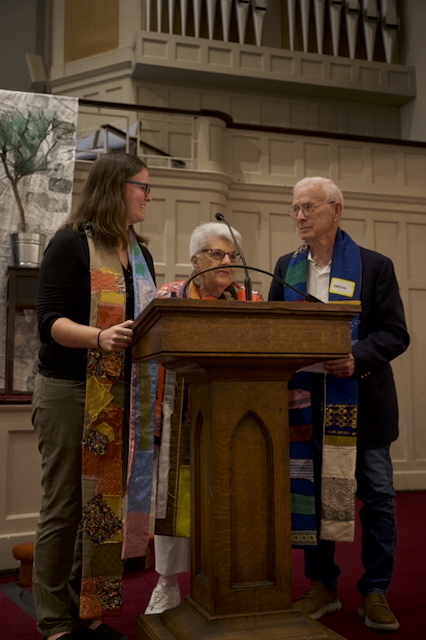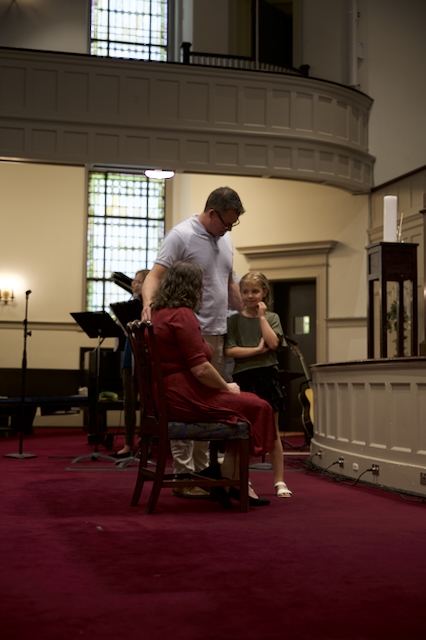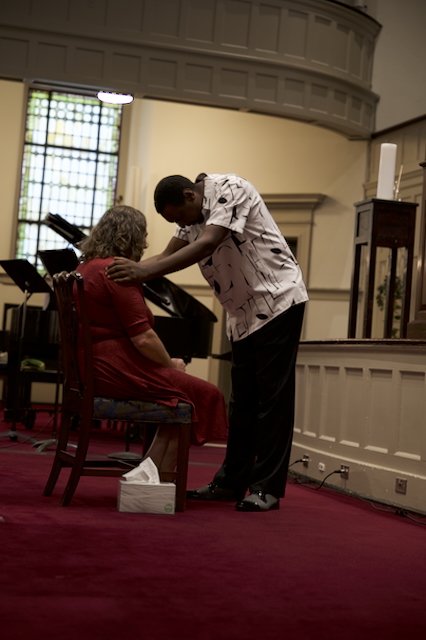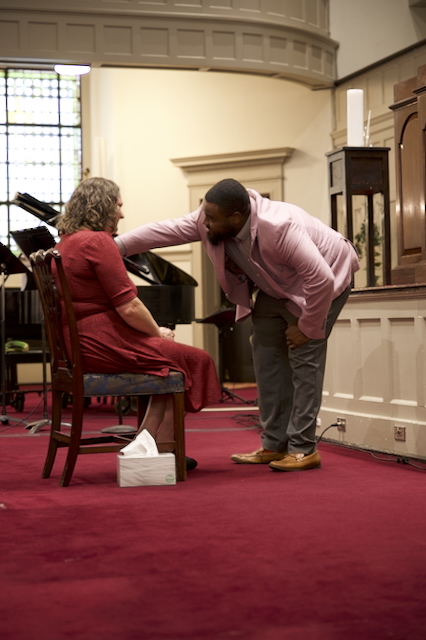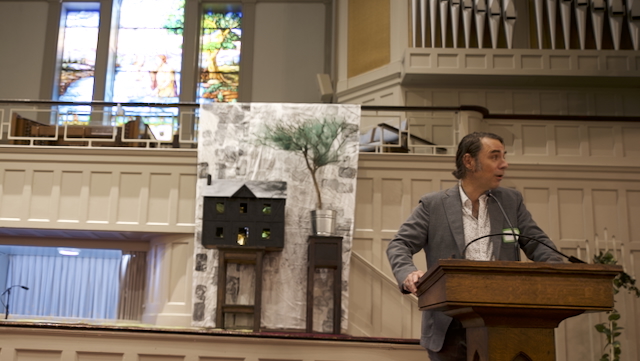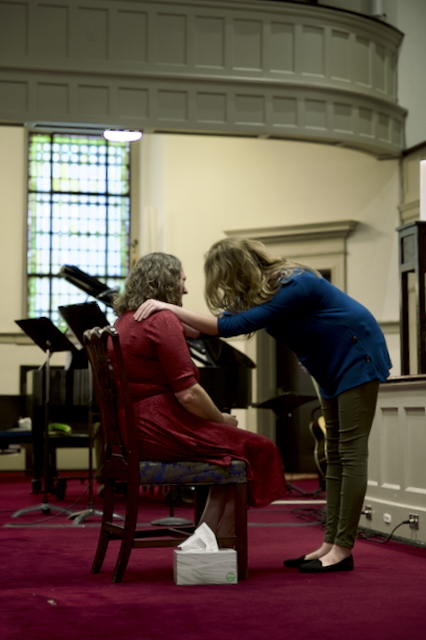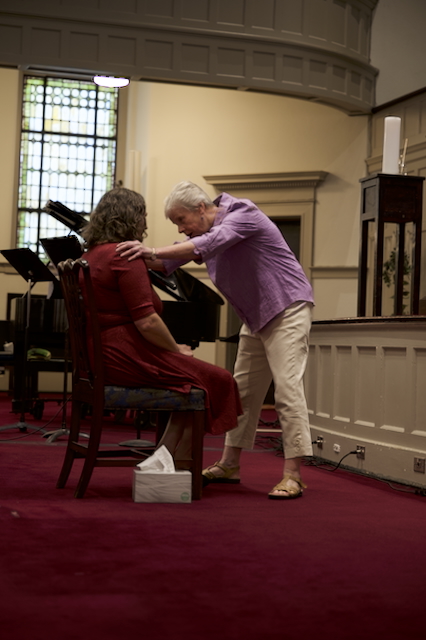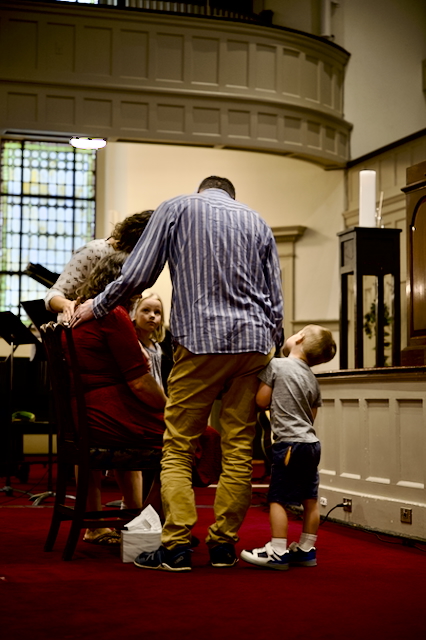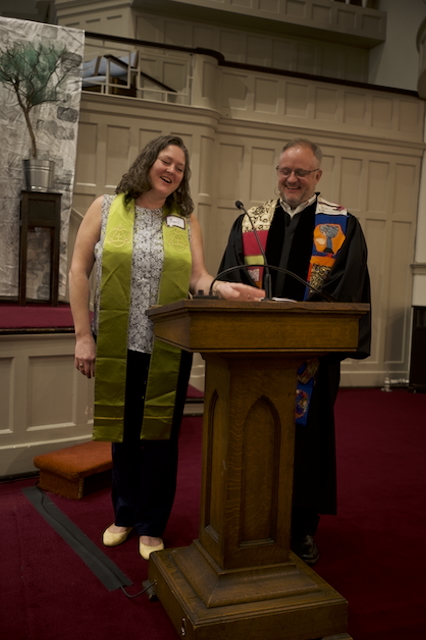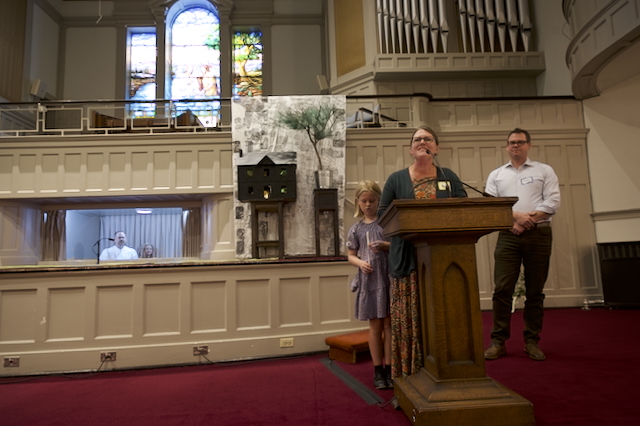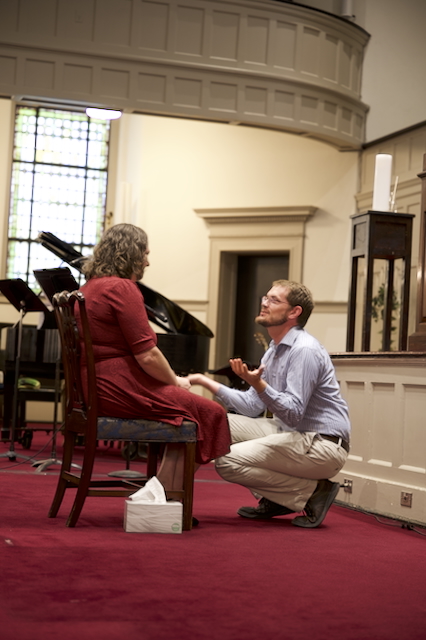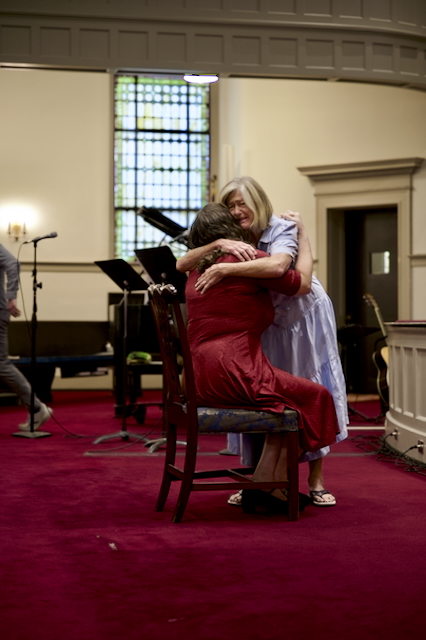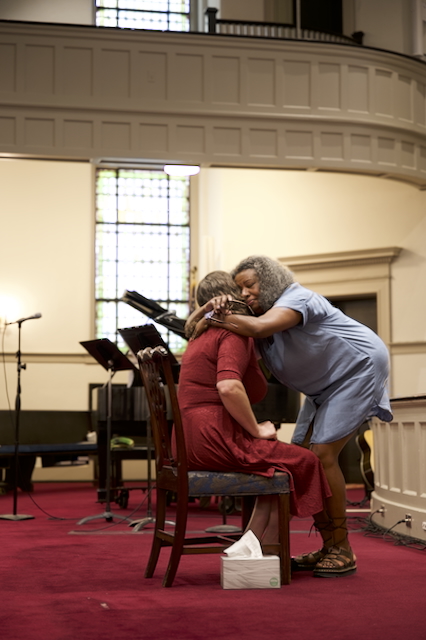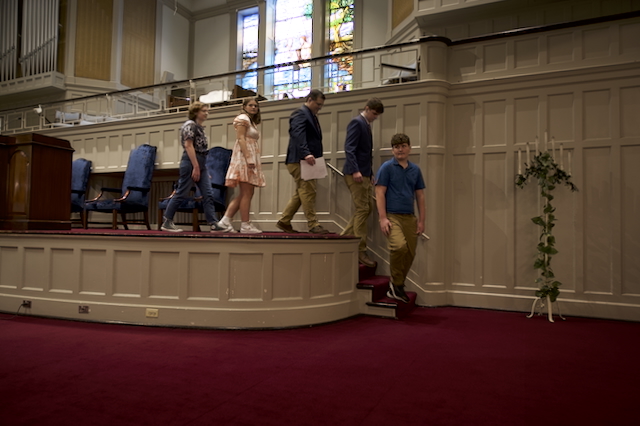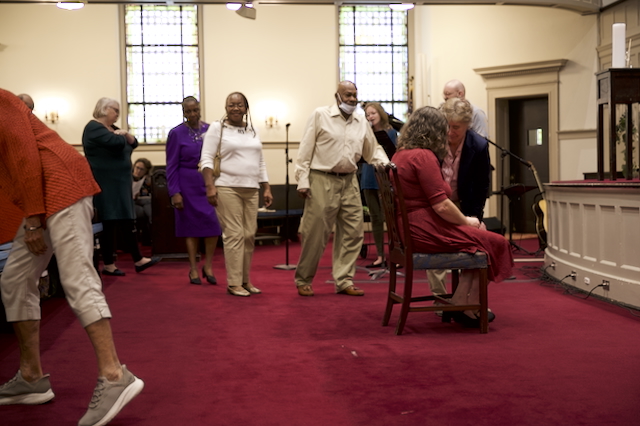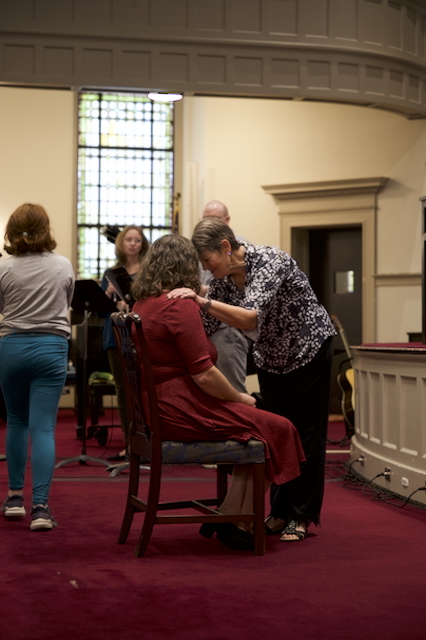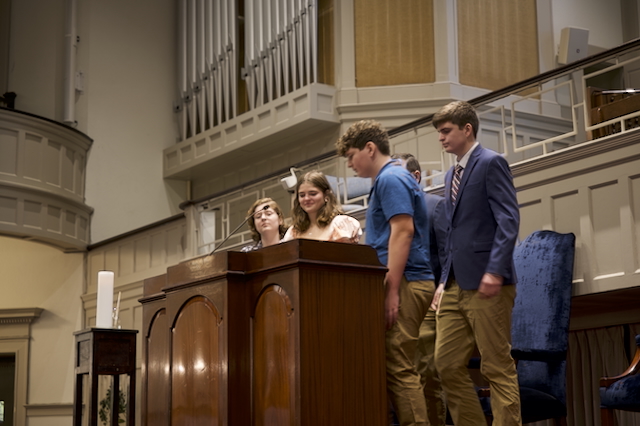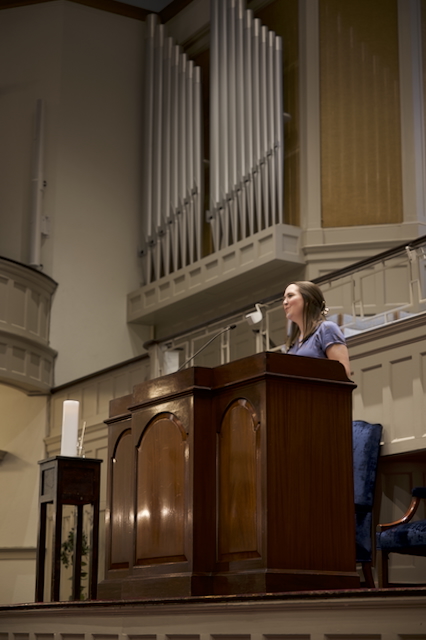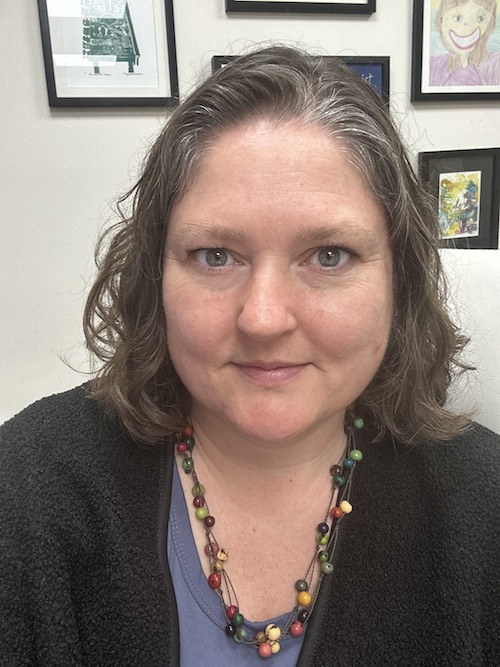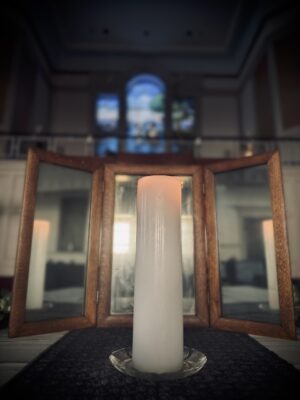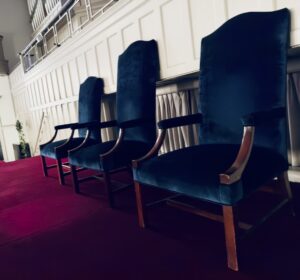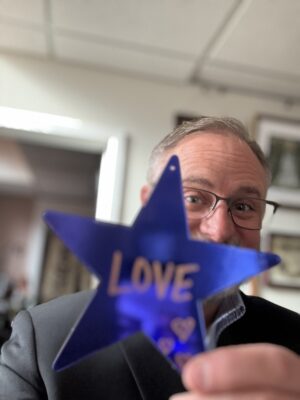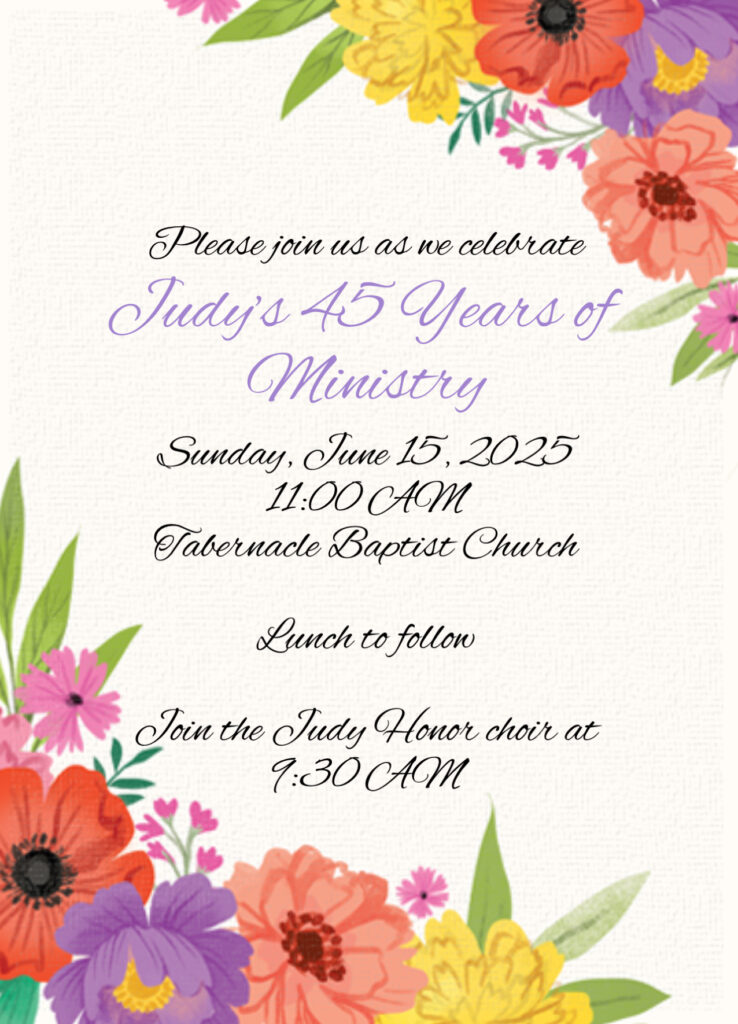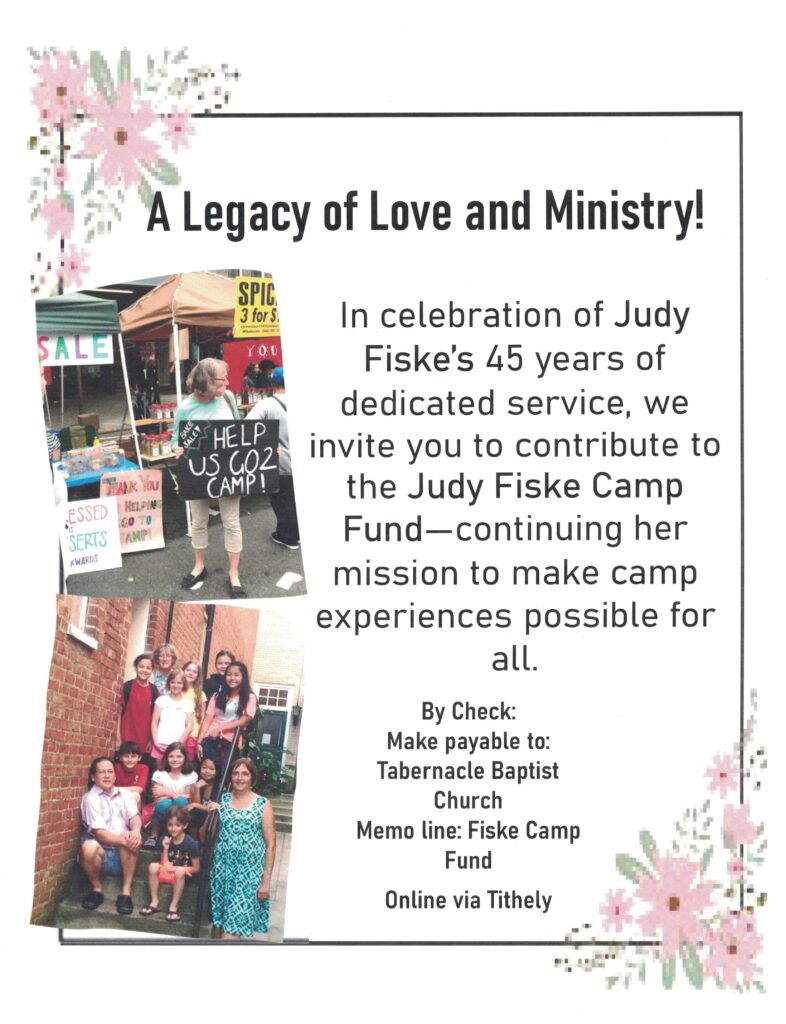If you’ve read the news lately, you may have noticed that food insecurity is rising across Virginia—and we’re feeling it here too. As a food pantry leader, I can tell you this work is both deeply meaningful and, right now, deeply stressful. We’re seeing skyrocketing trends at nearby pantries that open weekly. At Tabernacle, our Saturday numbers are climbing steadily, and we’re seeing more people stop by during the week in search of food or support.
We’ve also noticed a change in the variety of food we receive for TEFAP (The Emergency Food Assistance Program). To help fill the gaps, I’ve been purchasing additional food through FeedMore, prioritizing items that allow neighbors to continue choosing their own groceries that meed their specific needs and wants. We remain committed to being a choice pantry, where shopping happens with dignity, and continuing to be place of community and belonging.
The State of Virginia has said it will maintain SNAP benefits for now, but the strain on households is still very real. In addition, we are seeing the effects from the government shutdown—neighbors who have missed paychecks or are worried about what comes next.
How can you help?
- Add a little extra to your cart. The next time you’re grocery shopping or ordering online, consider picking up a box of cereal (or two!) to donate. Amazon Wish List
- Give financially. This is in addition to, not instead of, your regular giving—because your financial support of the church is also what keeps Tabernacle a place of hope, support, and relief for our community. Through FeedMore, we can purchase food for nine cents a pound, including high-need items like fresh meat.
- Show up. Join us in serving on Saturday, November 8 or November 22, as we continue this important work together. Be ready to help us welcome community members who are looking for ways to give back.
Note of gratitude: Thank you, thank you, thank you for the cereal that is appearing daily. It was heart warming to see the cart overflowing when I returned to work on Monday morning. You have collected 109 boxes so far in October! We are on track to exceed our 125 box goal, which is amazing because the need has increased. This is certainly a miracle of abundance, thanks be to God!



